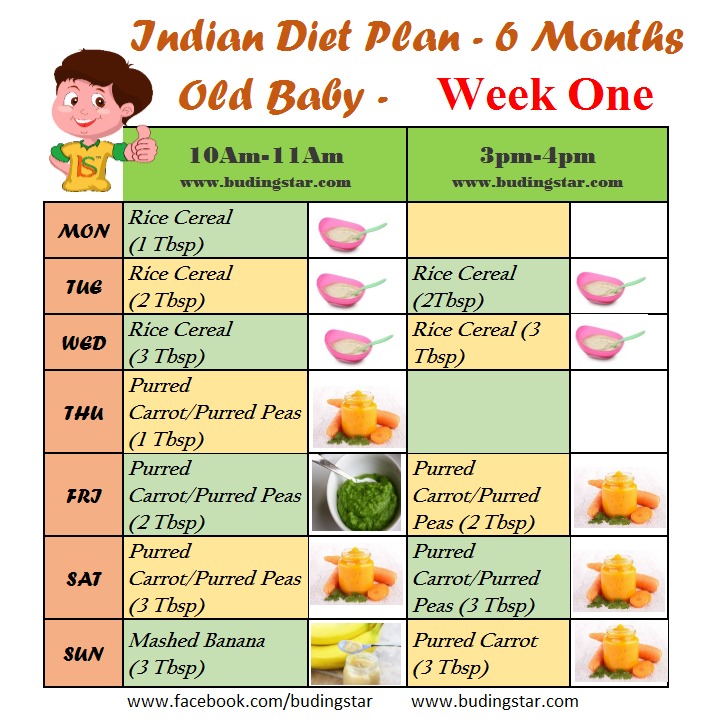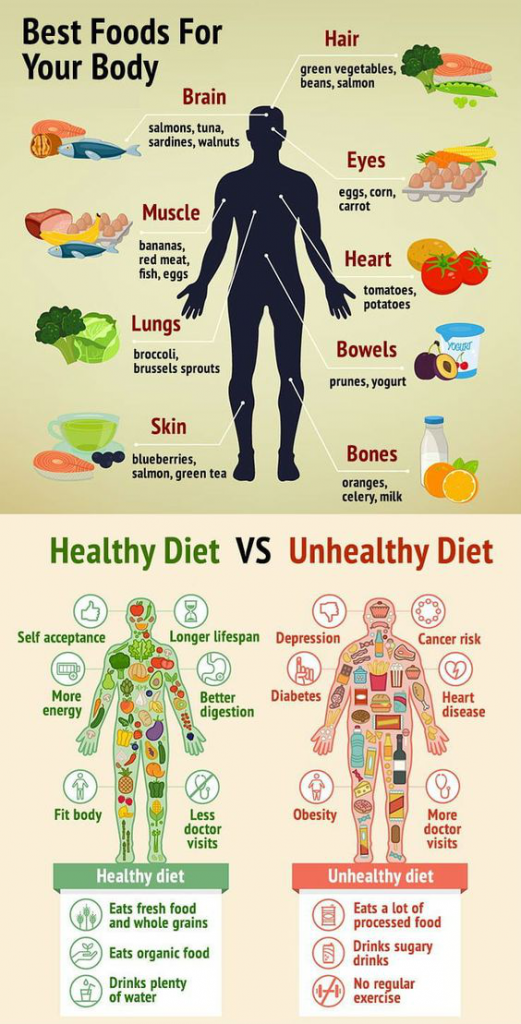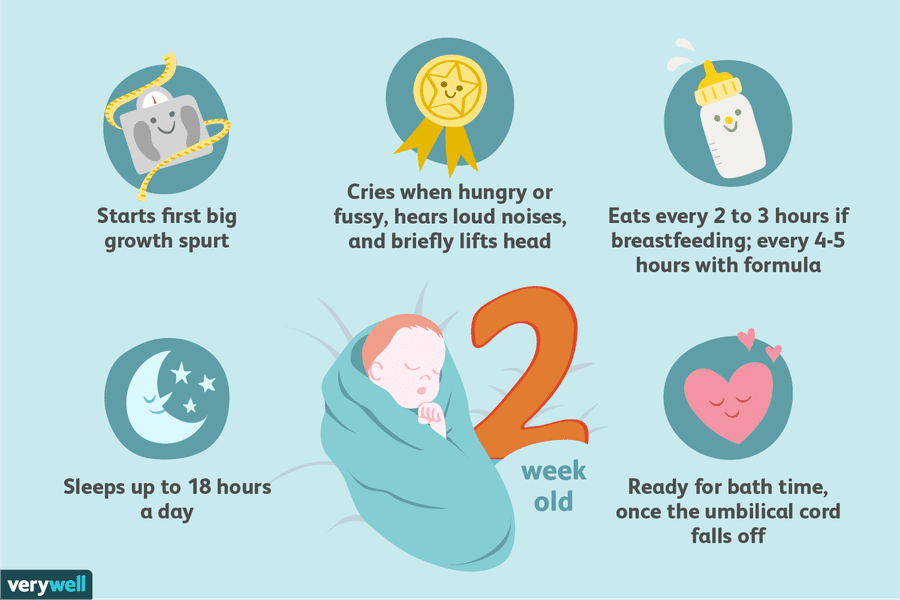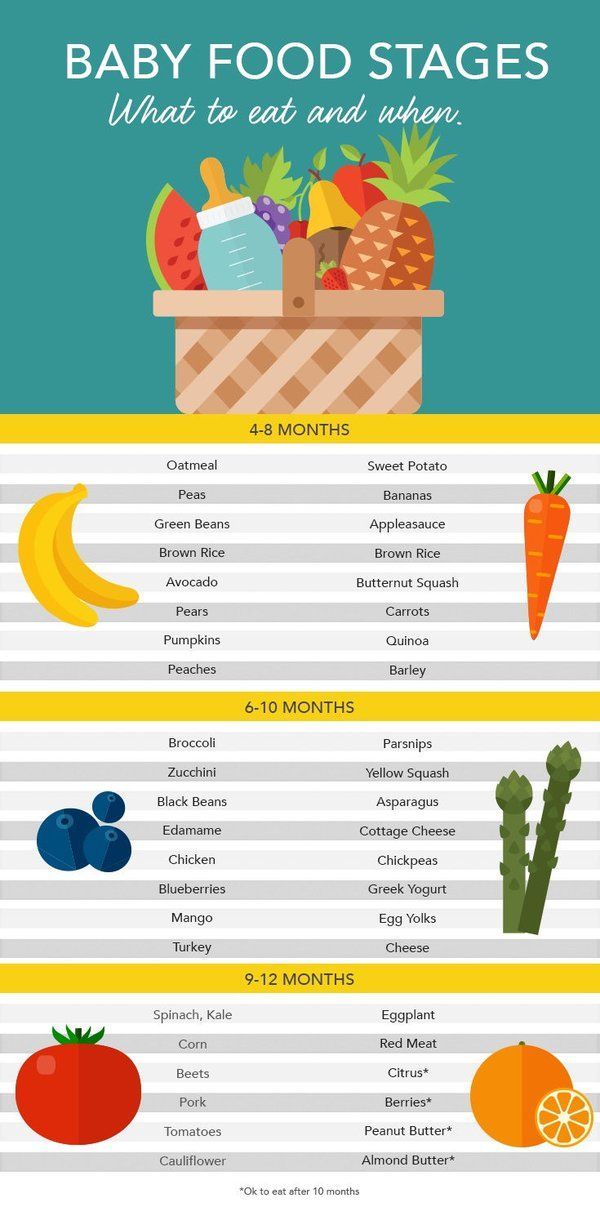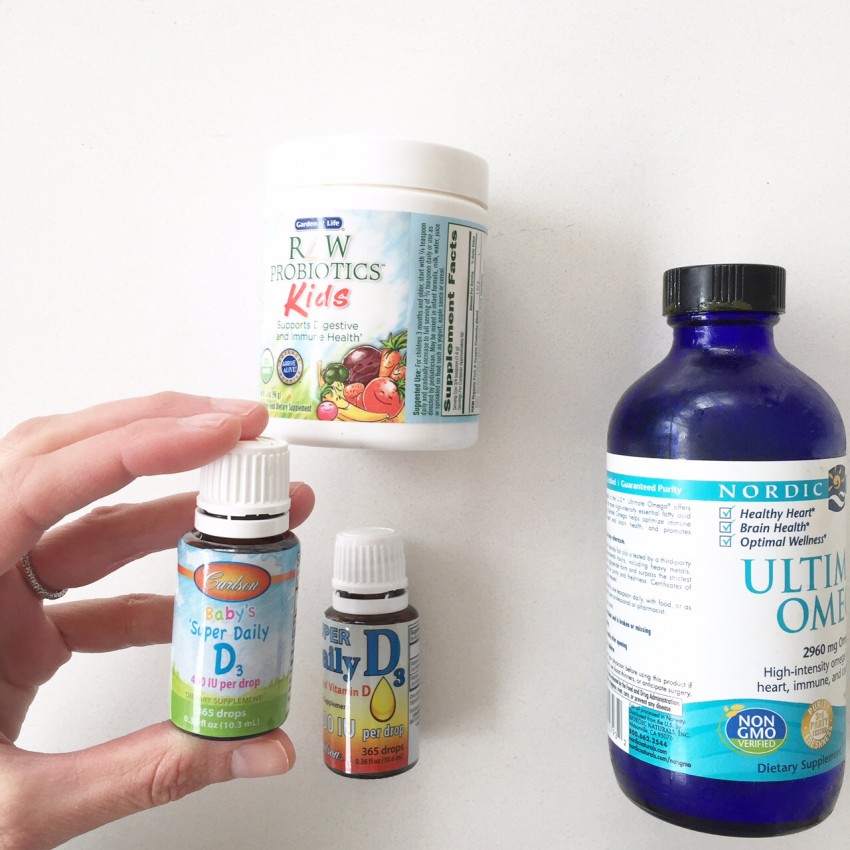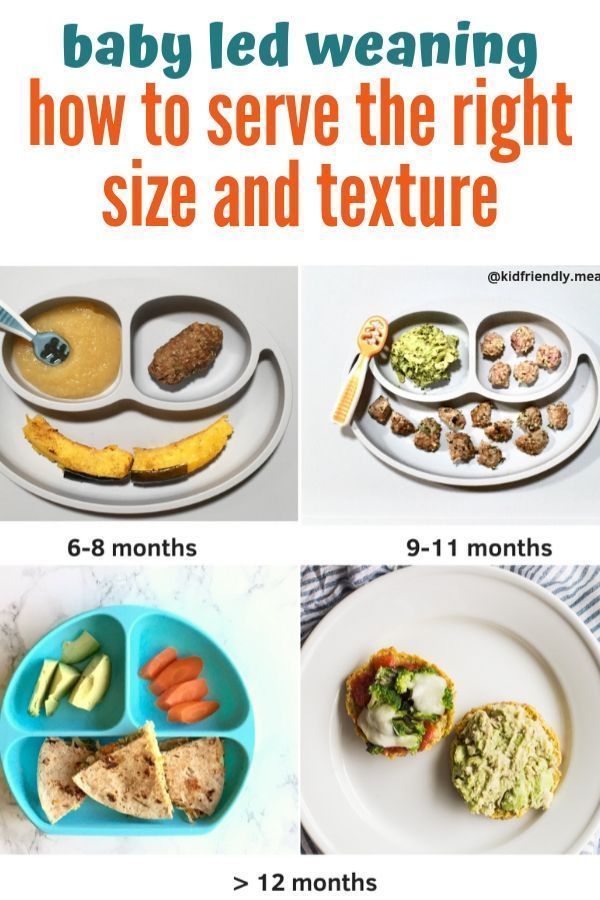Salty food for 6 months baby
How Much Should They Eat?
If you’re a new parent, you may be wondering how much salt is OK to include in your baby’s diet.
While salt is a compound that all humans need in their diets, babies shouldn’t get too much of it because their developing kidneys aren’t yet able to process large amounts of it.
Giving your baby too much salt over time may cause health problems, such as high blood pressure. In extreme and rare cases, a baby that’s had a large amount of salt may even end up in the emergency room.
Too much salt during infancy and childhood may also promote a lifelong preference for salty foods.
This article explains what you need to know about salt and babies, including how much salt is safe, and how to tell whether your baby has had too much salt.
You may add salt to your baby’s food in hopes that it’ll improve the taste and encourage your baby to eat.
If you use a baby-led weaning approach to feeding your baby, you may end up serving your baby foods containing more salt simply because you’re serving them the saltier foods you eat as an adult (1, 2).
However, babies who get too much salt through their diets can run into a few issues.
A baby’s kidneys are still immature, and they aren’t able to filter out excess salt as efficiently as adult kidneys. As a result, a diet that’s too rich in salt may damage a baby’s kidneys. A salt-rich diet may also affect a baby’s long-term health and taste preferences (3, 4).
Babies are born with a natural preference for sweet, salty, and umami-tasting foods (1, 4, 5).
Repeatedly being offered salty foods may reinforce this natural taste preference, possibly causing your child to prefer salty foods over those that are naturally less salty.
Processed foods, which tend to be salty but not typically rich in nutrients, may be preferred over whole foods with naturally lower salt contents, such as vegetables (4, 6, 7, 8, 9).
Finally, salt-rich diets may cause your baby’s blood pressure to rise. Research suggests that the blood-pressure-raising effect of salt may be stronger in babies than it is in adults (3).
As a result, babies fed a salt-rich diet tend to have higher blood pressure levels during childhood and adolescence, which may increase their risk of heart disease later in life (10, 11).
In extreme cases, very high intakes of salt can require emergency medical care, and in some cases, even lead to death. However, this is rare and usually results from a baby accidentally eating a quantity of salt much larger than parents would normally add to foods (12).
SummaryToo much salt can damage a baby’s kidneys, increase their blood pressure, and possibly raise their risk of heart disease later in life. A salt-rich diet may also cause your child to develop a lasting preference for salty foods.
Sodium, the main component in table salt, is an essential nutrient. Everyone, including babies, need small amounts of it to function properly.
Young babies under 6 months of age meet their daily sodium requirements from breast milk and formula alone.
Those 7–12-months-old are able to meet their needs from breastmilk or formula and the small amounts of sodium naturally present in unprocessed complementary foods.
As such, experts recommend that you don’t add salt to your baby’s food during their first 12 months (2, 4, 5).
Having an occasional meal with salt added is OK. You may sometimes feed your baby some packaged or processed foods with salt added or let them try a meal from your plate. That said, overall, try not to add salt to the foods you prepare for your baby.
After 1 year of age, recommendations vary slightly. For instance, the European Food Safety Authority (EFSA) considers 1,100 mg of sodium per day — about half a teaspoon (2.8 grams) of table salt — safe and adequate for children of 1–3 years (13).
In the United States, recommendations for the same age group average 800 mg of sodium per day. That’s about 0.4 teaspoons (2 grams) of table salt per day (14).
SummaryBabies under 12 months should not get any additional salt through their diet.
Intakes between 0.4–0.5 teaspoons of salt appear safe in children up to 4 years old.
If your baby eats a meal that’s too salty, they may seem thirstier than usual. Typically, you won’t notice the effects of a high salt diet immediately, but rather over time.
In extremely rare cases, a baby that’s eaten too much salt can develop hypernatremia — a condition in which there’s too much sodium circulating in the blood.
If left untreated, hypernatremia can cause babies to progress from feeling irritable and agitated to drowsy, lethargic, and eventually unresponsive after some time. In severe cases, hypernatremia can result in coma and even death (15).
Milder forms of hypernatremia can be more difficult to spot in babies. Signs that your baby may have a mild form of hypernatremia include extreme thirst and a doughy or velvety texture to the skin.
Very young babies may start crying in a high pitched fashion if they’ve accidentally eaten too much salt.
If you think that your baby may have gotten into too much salt or is beginning to show signs of hypernatremia, call your pediatrician.
SummaryIf a baby has a salty meal occasionally, you may notice they are thirsty. In extremely rare cases, babies who have ingested large amounts of salt may develop hypernatremia and require medical attention.
As a parent, you can limit the amount of salt your baby eats in several ways.
Most baby food purées may contain small amounts of naturally occurring sodium from the foods they are made with but very little, if any, added salt. If your baby is currently eating them exclusively, they’re unlikely to ingest too much salt.
If you make your own baby food, skip adding salt, choose fresh foods, and check labels on frozen or canned vegetables and fruits to find lower sodium options.
Also, remember to rinse canned foods, such as beans, lentils, peas, and vegetables, before adding them to purées or meals.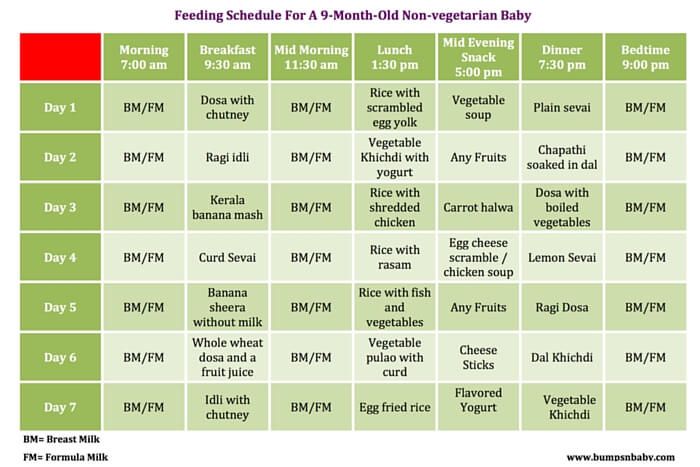 Doing so helps reduce their sodium content (16).
Doing so helps reduce their sodium content (16).
If you’re doing baby-led weaning, you can set aside a portion of meals for baby before adding salt or make family meals with spices and herbs instead of salt.
Check the sodium content of foods you frequently buy, such as bread, cereal, and sauces. Lower sodium versions are available for most packaged foods, and comparing labels can help you find a brand with less salt added.
Frozen meals, as well as takeout or restaurant foods, are generally higher in salt. Occasionally, it’s fine for baby to have these meals, but when dining out, a lower salt alternative would be to bring a few foods from home for your baby.
SummaryYou can minimize the amount of sodium your baby eats by offering them foods without added salt. Replacing pantry foods like bread and sauces with low sodium alternatives can also help.
Babies need small amounts of salt in their diet. However, their bodies can’t handle large amounts.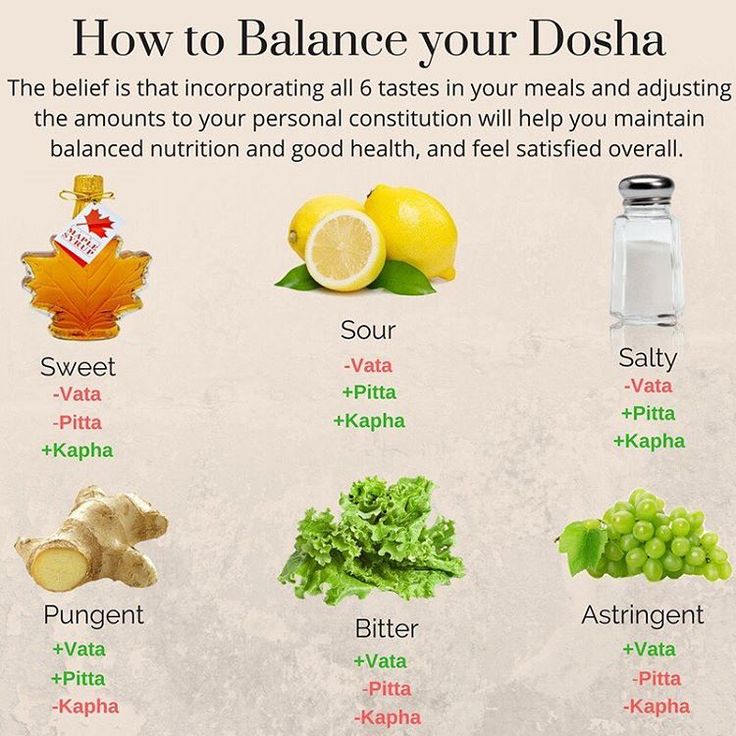 Babies fed too much salt may be at risk of kidney damage, high blood pressure, and possibly even an increased risk of heart disease.
Babies fed too much salt may be at risk of kidney damage, high blood pressure, and possibly even an increased risk of heart disease.
Moreover, a salt-rich diet may cause babies to develop a lifelong preference for salty foods, in turn, possibly lowering the overall quality of their diet.
Try not to add salt to your baby’s foods when they are under 12 months. After 1 year, you can include a small amount of salt in your child’s diet.
Just one thing
When cooking a family-style meal, get into the habit of adding salt near the end of cooking. This way, you can reserve a no-salt-added portion for your baby.
Is Salt and Sugar Good for Your Baby?
Salt and sugar are used as flavour enhancers in our food, but excessive consumption of both salt and sugar can lead to serious health problems in adults and children. According to the World Health Organisation (WHO), adults should limit salt consumption to ¾ and one teaspoon per day. Sugar consumption should be limited to 6 teaspoons a day.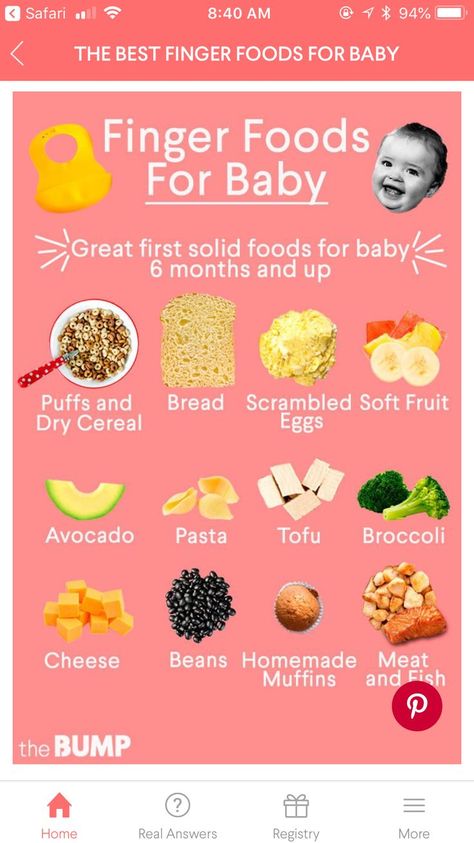 Salt and sugar should be avoided for babies as excessive consumption is harmful and can cause problems such as impaired kidney function, tooth decay, decreased immunity, etc.
Salt and sugar should be avoided for babies as excessive consumption is harmful and can cause problems such as impaired kidney function, tooth decay, decreased immunity, etc.
Video : Reasons to Avoid Sugar and Salt in Your Baby’s Diet
What Is the Daily Requirement of Salt and Sugar in a Baby’s Diet?
According to various health organisations, infants should not be given any salt until six months of age. Their sodium needs are met by the salt contained in breast milk. Babies aged between 6 months to 1 year should be given no more than 1 gram of salt per day, which contains 0.4 grams of sodium. The salt intake of toddlers aged between 1 and 3 years should be limited to 2 grams per day and children aged 4 to 6 years should consume no more than 3 grams of salt per day.
Babies do not need added sugars or refined sugar in their diet. The sugar requirements of the baby can be met by foods rich in carbohydrates and other naturally sweet foods, such as fruits.
Why Should You Avoid Sugar and Salt in Your Infant’s Diet?
Here are the reasons why you should avoid including salt and refined sugar in your baby’s diet:
1. Affects Kidney Function: Excessive salt intake can impair kidney function as the infant’s kidneys cannot process and eliminate high levels of salt from the blood. This strains the kidneys and can cause kidney-related diseases at a later stage.
2. Causes Kidney Stones: Excess sodium from salt can also cause the body to excrete more calcium in the urine. This calcium can form kidney stones. Kidney stones cause symptoms such as severe pain in the body, fever and chills, nausea and vomiting, burning sensation while urinating, and blood in the urine.
3. High Blood Pressure: Excess salt intake can cause high blood pressure or hypertension.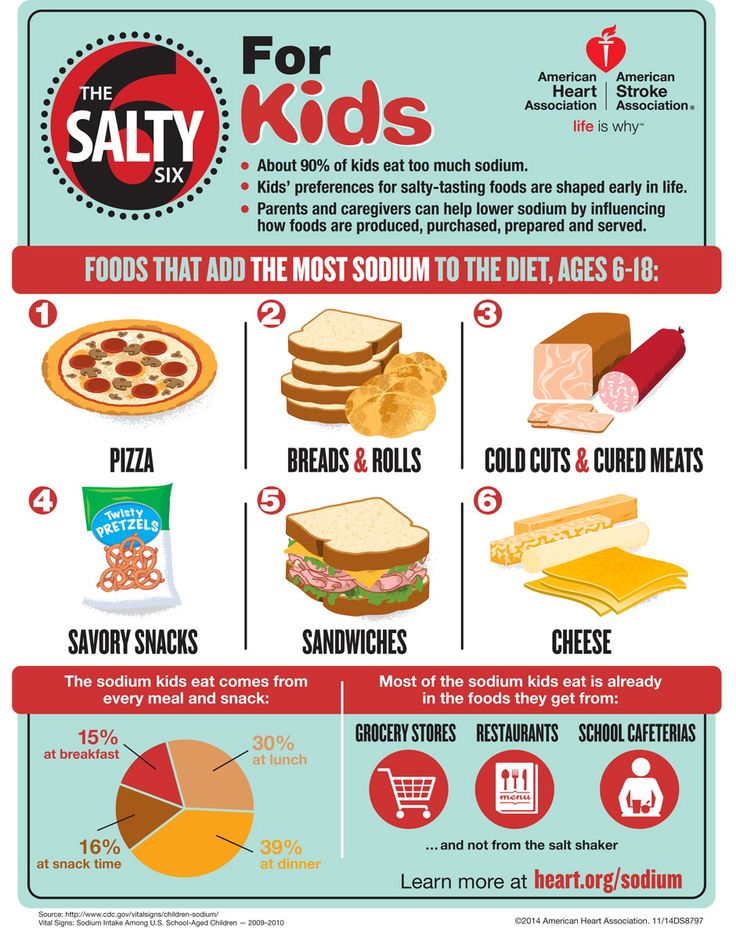 Babies who consume too much salt can develop hypertension as adults.
Babies who consume too much salt can develop hypertension as adults.
4. The Danger of Dehydration: Babies who have excess salt in their bodies are in danger of dehydration, as salt causes the body to lose water in the form of urine and sweat. Infants will not be able to indicate that they are thirsty, and adults may not realise that they are dehydrated until serious symptoms show up. Dehydration can result in kidney stones, joint and muscle damage, constipation, and liver damage.
5. Brittle Bones: Too much salt consumption causes increased sodium levels in the body. This, in turn, causes excretion of too much calcium. Thus, the body loses calcium, which is essential for the development of strong bones. Calcium depletion can lead to a condition called osteoporosis which makes the bones thin and brittle.
6. Tooth Decay: Consuming excessive amounts of added sugars can cause painful cavities and tooth decay. Bacteria in the mouth use sugar from foods to produce acids that damage the teeth.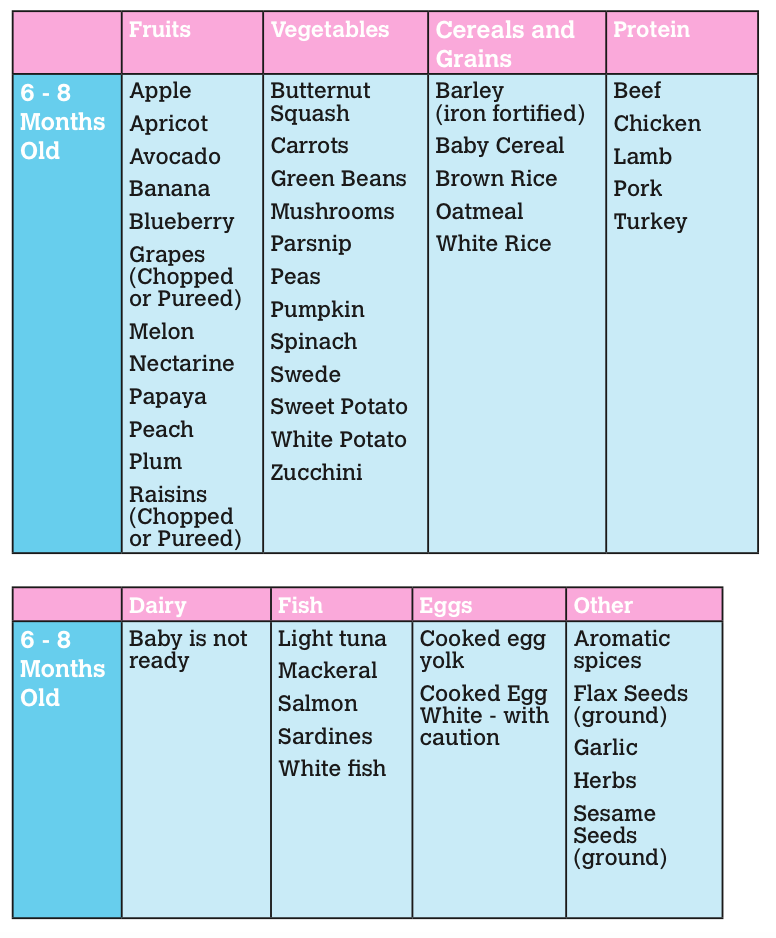
7. Obesity: Too much sugar in the diet means more calories. Even in an active baby, this could result in a lot of unused calories which get converted to fat and stored in the body. Obesity or having excess body fat is very unhealthy for a baby.
8. Diabetes: Eating too much sugar can lead to type 2 diabetes later in life. Diabetes is a disease that affects the body’s ability to regulate blood sugar levels.
9. Lethargy: High blood sugar levels can result in the overproduction of the hormone called insulin which regulates blood sugar levels. Too much insulin can cause a sudden drop in blood sugar levels, leading to lethargy, inactivity, and tiredness in the baby.
10. Hyperactivity: Since sugar is absorbed into the blood very quickly, high sugar consumption causes the blood sugar levels to shoot up. This leads to higher adrenaline levels and causes hyperactivity in children.
11. Poor Dietary Habits: Consuming excess salt and sugar as a baby leads to a pattern of poor dietary choices later in life.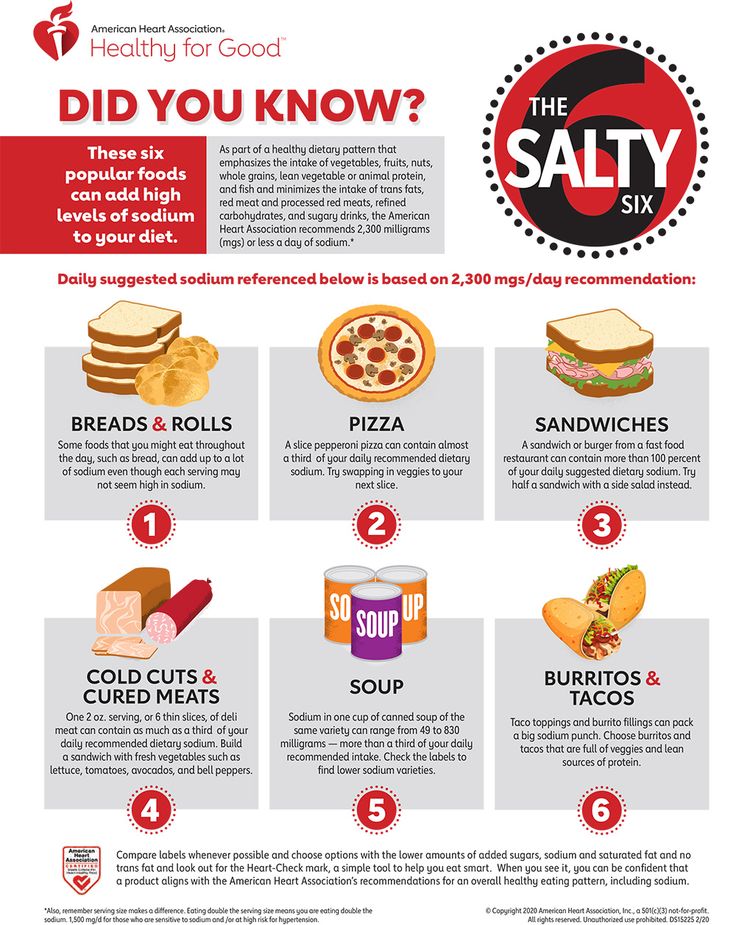 This, in turn, causes lifestyle diseases like obesity, diabetes, and hypertension.
This, in turn, causes lifestyle diseases like obesity, diabetes, and hypertension.
12. Rejecting Breast Milk: If babies begin to like the taste of salt and sugar, they may avoid or reject breast milk. This is detrimental to the growing baby, as breast milk contains several vital nutrients essential for the baby’s growth and development.
13. Will Not Know the Real Taste of Vegetables: If the baby’s food contains too much salt or sugar, it will mask the original taste of the vegetables. The baby will start disliking the taste of vegetables if it is not masked by too much salt or sugar.
Tips for Introducing Solid Foods to Your Baby
- Introduce one food at a time so that you can easily spot allergic reactions in your baby. Wait for two-three days between offering different types of food.
- Puree everything so that your baby can eat the food easily. As he grows older, you can give him solid food in small pieces but keep an eye out for foods like uncooked peas, firm fruits and vegetables, nuts, etc.
 as they can make him choke.
as they can make him choke. - Avoid using silverware and use spoons made of plastic or silicone as they will be better for the baby’s tender gums.
- Don’t try to overfeed the baby. When the baby stops enjoying the food or avoids eating, you should stop feeding him.
FAQs
Here are the answers to a few frequently asked questions about salt and sugar intake in babies:
1. How will your baby get sodium if you completely avoid salt?
The baby’s sodium needs are met by breast milk for the first six months. Apart from this, most foods naturally contain sodium. So the baby’s salt intake should be less than 1 gram per day for the first year.
2. How can you add flavour to the infant’s food without adding salt?
Foods can be made flavourful without the addition of salt. Spices such as cumin powder, asafoetida, cinnamon, and herbs like coriander and mint can flavour the food and enhance the taste. You can also flavour the food using onion and garlic.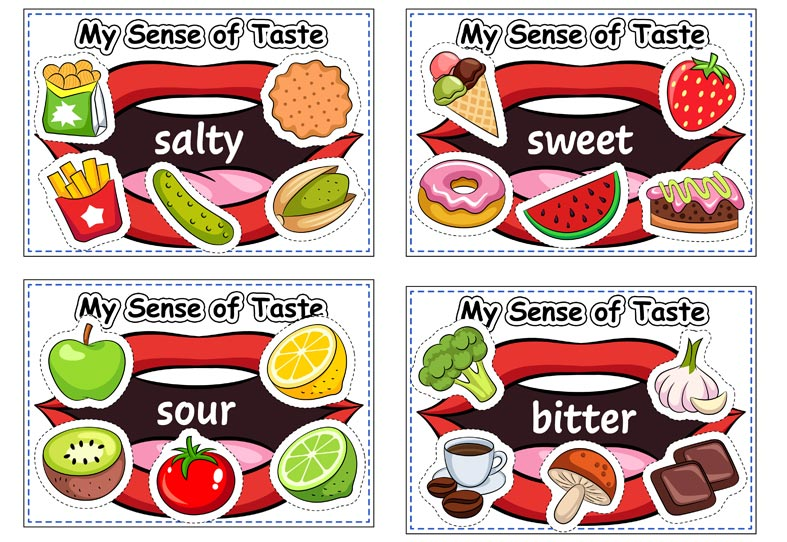 However, spices must be added in minute quantities, and new foods should be introduced slowly (1 tablespoon on the first day, two the next, and so on) to make sure there are no allergic reactions. Herbs must be thoroughly washed and finely chopped or minced. They should be introduced into the baby’s diet only after seven months of age.
However, spices must be added in minute quantities, and new foods should be introduced slowly (1 tablespoon on the first day, two the next, and so on) to make sure there are no allergic reactions. Herbs must be thoroughly washed and finely chopped or minced. They should be introduced into the baby’s diet only after seven months of age.
3. What are the substitutes of sugar for baby food?
There are plenty of naturally sweet substances that can be used as sugar substitutes. These include any fruit puree, date syrup, and honey. However, date syrup and honey should not be given to infants below 1year of age.
4. Will my baby eat bland food without salt? What if he does not like it?
Adults cannot eat bland food without salt as they are used to eating food rich in a variety of flavours. A baby has never tasted salt and will therefore not feel that the food is bland. In case the baby does not seem to like the food, you can try to enhance the taste using flavour enhancing spices like cumin, cinnamon or asafoetida, herbs like mint or coriander, and garlic or onion.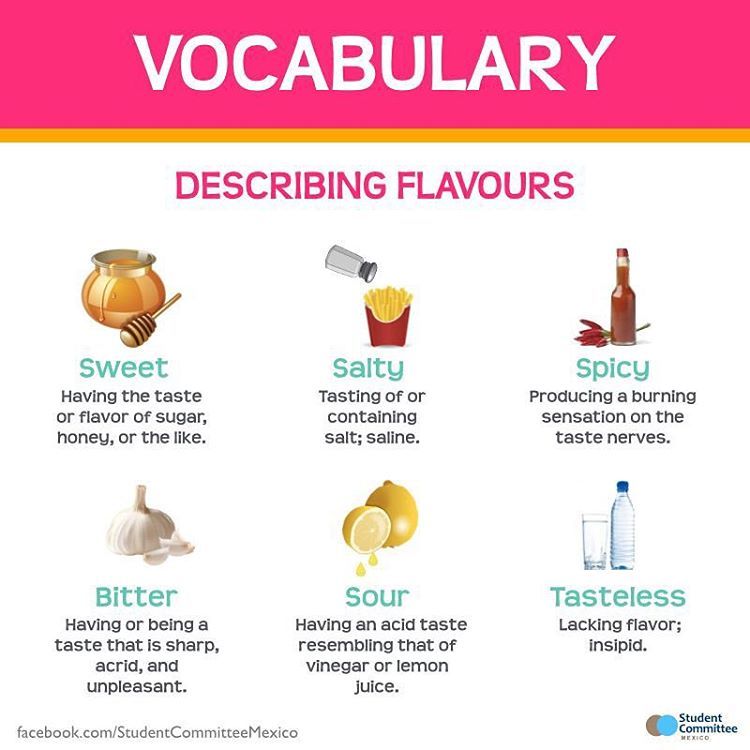
5. When do I start adding salt and sugar in baby’s food?
You need not give a baby salt until one year of age. If you do want to introduce salt, limit it to less than 1 gram per day for babies older than six months. However, it is better to avoid salt for babies under one year of age. Giving sugar to infants less than one year of age is not recommended. Baby foods do not require added sugars. You can use natural sugar substitutes like fruit puree, date syrup or honey. Even fruit juices given to babies must be diluted to reduce the sugar content.
Salt and sugar can do more harm than good for babies. Hence, it is better to avoid them at least until the baby turns one year old. Processed foods should also not be given to babies as they contain high amounts of salt. Many commercial baby foods may also contain added sugars. Check the ingredients carefully to determine the salt and sugar content if you use commercial baby food. Keep your baby healthy by giving homemade food without added salt or sugar.
Resources & References: Parents, What to Expect
Also Read: Honey for Babies – Is It Safe?
Is it necessary to salt the food of a child up to a year
— Anastasia Ivanovna, what role does salt play in metabolic processes and why is it harmful?
- These questions are often asked during consultations. You can't do without salt. The basis of table salt is sodium chloride, which:
- helps to improve metabolism;
- has a beneficial effect on the pH balance;
- stabilizes the hydraulic balance;
- affects blood metabolism; nine0009 prevents dehydration.
The value of salt for the body is high, but we forget that vegetables, fruits, bread and other products already contain salt. And we don’t think about it, so an excess of salt often occurs in the body.
Pay attention! When sodium chloride is low, there may be loss of appetite, abdominal pain, nausea, and excessive flatulence. Someone also talks about dizziness and a drop in blood pressure, but all conditions should be observed with doctors. nine0005
Someone also talks about dizziness and a drop in blood pressure, but all conditions should be observed with doctors. nine0005
Why don't they salt their food to children? And in general - do children need to salt their food?
- As I said, many foods contain natural salt. It is so thought out by nature that children receive the first salt from breast milk or formula and in a form that does not harm them. For example, 100 ml of breast milk contains 0.17 sodium. From six months, you can switch to other types of food, making sure that it is suitable for your child's age. I will especially note that cow's milk contains more salt than goat's milk, but in any case, whole milk is not recommended for babies under a year and a half years old. nine0005
- And yet, from the point of view of pediatricians, when is it possible to salt food for a child?
— Pediatricians recommend starting salting complementary foods no earlier than 7-8 months, but I would advise you to refrain from salt in the diet of a child up to a year.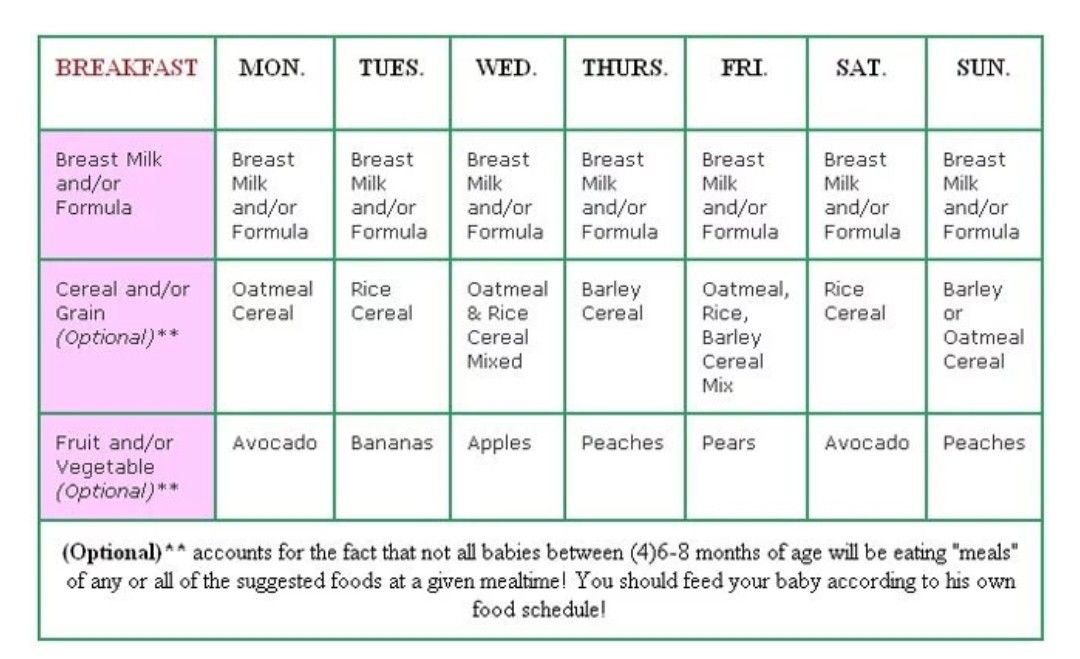 At the age of the start of complementary foods, the kidneys have not yet formed: they are not able to filter a lot of salt. You can provoke overexcitation, kidney and joint diseases.
At the age of the start of complementary foods, the kidneys have not yet formed: they are not able to filter a lot of salt. You can provoke overexcitation, kidney and joint diseases.
— What are the supposed health benefits of salt?
- Babies who sweat a lot are thought to lose sodium chloride. In fact, you need to think about dehydration. And it is better to replenish it not with salty foods, but by supplementing it with clean water separately from feeding. And, of course, you need to find out why the child is losing a lot of fluid.
For example,
the potassium-sodium balance in the cells is formed provided that there is enough vitamin D in the body. For some reason everyone forgets about this, but it is the level of vitamin D that you need to think about if the child sweats a lot. Hyponatremia (decreased serum sodium concentration) causes severe dehydration in case of diarrhea and vomiting, which means that the child loses a lot of water in a short period of time. In such conditions, it is imperative to consult a doctor, take tests, and the question of salting or not salting food will not solve the problem. nine0005
Another example is that salt improves appetite,
this is a known fact. Salt increases the amount of saliva, increases the acidity of gastric juice and at the same time exacerbates the desire to eat. In 2008, an interesting study was conducted at the University of Iowa: rats were first fed salty food, and then deprived of salt, which led to irritation. When the rodents were again added salt to their food, they showed cheerfulness and good mood. This is an indicator that salt increases appetite and changes behavior. nine0005
If you add a lot of salt to baby food, then the child will get used to this amount and then will protest against insipid food. What to do? Gradually reduce the amount of salt or limit it completely, eliminating all salt reserves, and if age allows, add foods with a salty taste: orange, cranberry, pomegranate juice, onion, garlic, radish, parsley.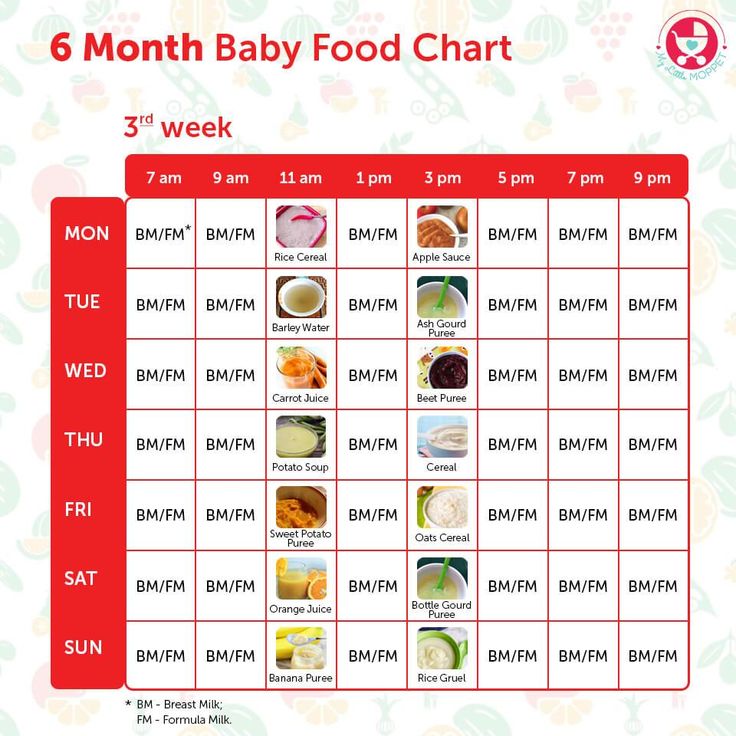
— How much salt does a child need?
- Until the year it is better not to add anything - the child will receive sodium chloride with food. In extreme cases, add salt from eight months - no more than 1 g per day. After a year, you can slowly introduce salt, but also in reasonable quantities, without overdoing it. nine0005
Types of salt: what can children do
— There is an opinion: in order to make salt more accessible to the child's body, its solution is evaporated in a water bath. But I never met parents who did it at home. When choosing salt, you need to carefully read the compositions, evaluate the condition and reaction of the child to salt, and remember the expiration dates.
— What salty foods are strictly prohibited for children and why?
- Salted straws, fish or nuts, even for an adult organism, have an excess of salt. In them, the allowable dosage of salt is almost 17-20 times exceeded, which loads the liver, kidneys, and blood vessels.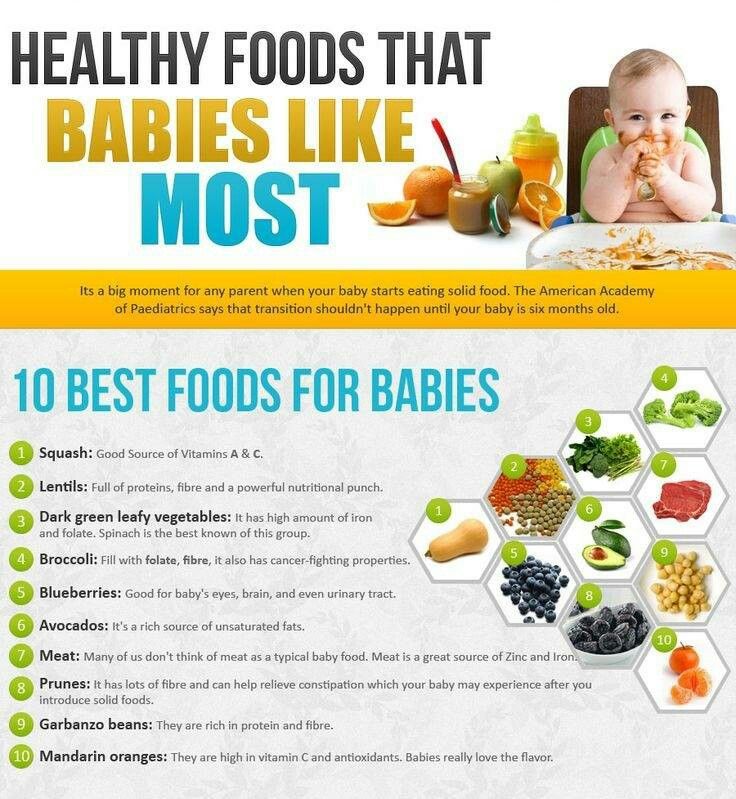 nine0005
nine0005
Pediatricians and pediatric gastroenterologists recommend not giving your child sugar and salt until they can do without them. Dentists talk about the age of three or four years and the restriction of sweets. But in big cities, children try everything earlier. And as soon as the child gets acquainted with the taste of salted or sweet food, the process cannot be stopped, he will continue to ask for such food, since his receptors will only respond to it. Therefore, young children should be limited in salt and sugar, including their solutions in water. nine0005
When choosing products, it is necessary to focus on the age of the child and do not forget that by adding food, we increase the natural dosage.
— Is it possible to replace salt with something?
- Some mothers replace salt with kelp - they buy it in pharmacies, grind it into dust and add salt to food. But they forget that kelp is an iodine-containing product that is undesirable in the diet of children with hypersensitivity to iodine.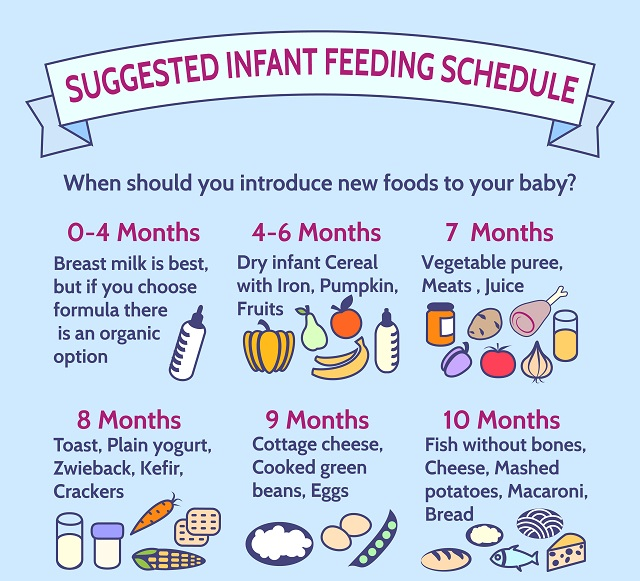 In addition, kelp is indicated for chronic constipation, and when eaten, it will take water from the body. So, in order not to get dehydrated, you need to increase your water intake. Increasing in volume, it irritates the mucosal receptors and increases intestinal motility, which means that the child will go to the toilet more often. Therefore, replacing salt with something, you need to evaluate all the pros and cons. nine0005
In addition, kelp is indicated for chronic constipation, and when eaten, it will take water from the body. So, in order not to get dehydrated, you need to increase your water intake. Increasing in volume, it irritates the mucosal receptors and increases intestinal motility, which means that the child will go to the toilet more often. Therefore, replacing salt with something, you need to evaluate all the pros and cons. nine0005
— Is there salt in prepared vegetable and meat purees, cereals and cream soups?
— When choosing food for a child, it is important to read the ingredients. If the product does not contain added salt, such as MAMAKO ® baby food, the manufacturers declare this on the packaging, and if sodium chloride is added, then it will be included in the description of the product composition. And do not forget that complementary foods without salt for a child will be much tastier than it seems to adults.
There is no need to hurry with the introduction of salt: children's products already contain this natural component. Additional salting of food increases the load on all organs and systems of the baby. When starting to introduce salt, remember the WHO and Russian health recommendations on the permissible salt intake per day for a child under one year old. nine0005
Additional salting of food increases the load on all organs and systems of the baby. When starting to introduce salt, remember the WHO and Russian health recommendations on the permissible salt intake per day for a child under one year old. nine0005
* Breast milk is the best food for babies. WHO recommends exclusive breastfeeding for the first 6 months of a child's life and continued breastfeeding after complementary foods are introduced until the age of 2 years. Before introducing new products into the baby's diet, you should consult with a specialist. The material is for informational purposes and cannot replace the advice of a healthcare professional. For feeding children from birth.
Is it necessary to salt baby food
Reviewer Kovtun Tatyana Anatolievna
12224 views
September 15, 2021
nine0005
The salt we use every day in cooking is called sodium chloride.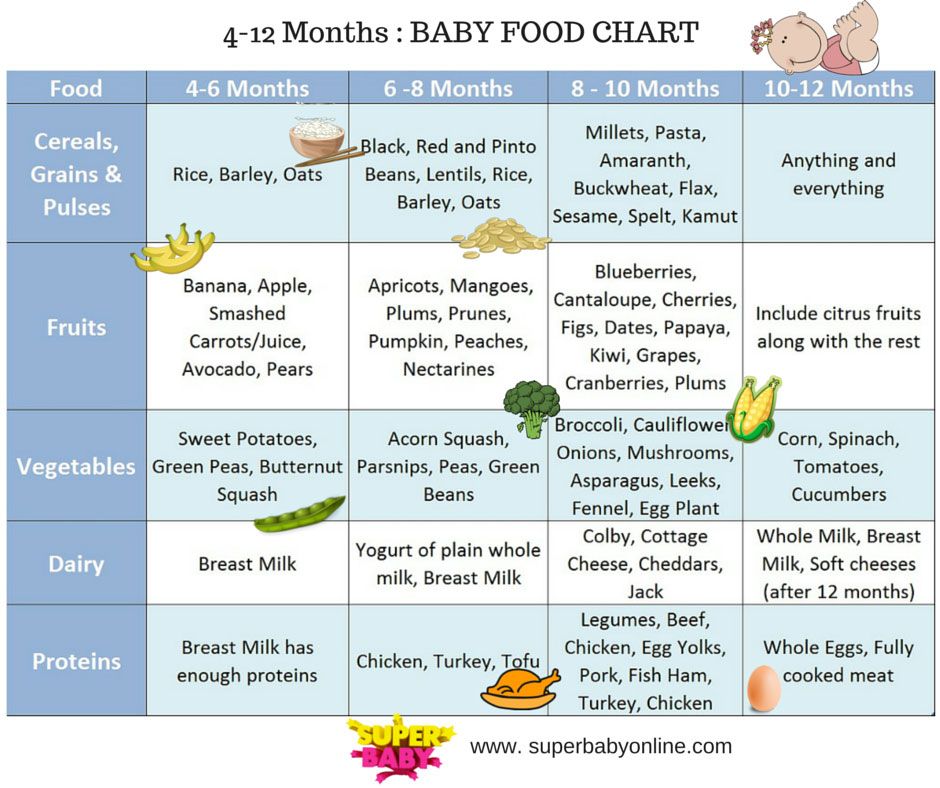 But if we talk about salt from the point of view of the human diet, then it makes sense to consider two elements, chlorine and sodium
But if we talk about salt from the point of view of the human diet, then it makes sense to consider two elements, chlorine and sodium
Sodium and chlorine ions play an enormous role in the human body - they maintain homeostasis (the constancy of the internal environment of the body), the level of fluid concentration inside and outside the cells necessary for normal life, ensure the normal permeability of the membrane of each cell in the body, participate in the conduction of electrical impulses in cells and perform a number of other physiological functions. nine0005
But do not immediately reach for the salt shaker.
Firstly, salt in its natural form can be obtained from many products, and secondly, there are strict restrictions on salt intake, and if they are not observed, then you can harm the body.
After all, a number of important mechanisms (renal, adrenal, vascular, etc.) are responsible for maintaining the balance of sodium and chlorine ions in the body, which, with excessive intake of salt from food, can experience excessive stress, and some systems can even fail.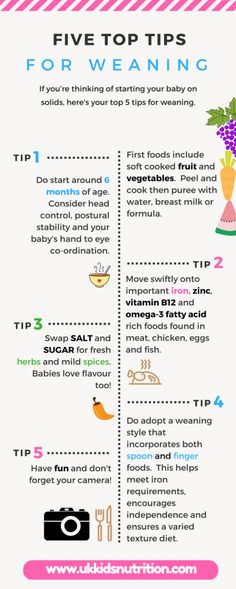 nine0005
nine0005
Today we will talk about the “salt” subtleties.
To salt or not to salt - that is the question
As for children, experts are unanimous in their opinion: infants do not need salt "from the outside" at all. Nature made sure that there was enough of it in mother's milk. By the way, it is equally important that mommy does not lean heavily on salty food.
And if the baby is bottle-fed, then the principle is the same - the balance of all the necessary elements has already been observed in the mixtures. nine0005
Salt can only be administered after breastfeeding or artificial feeding is completed, usually this happens at 1 or 1.5 years old. The baby will receive a third of the daily intake of sodium and chlorine "naturally" - from vegetables, fruits, cereals, meat and fish.
- Here are some foods from the high sodium diet for children:
- egg
- sardine
- cottage cheese
- kefir nine0009 tomatoes
- oats
- apples
- carrots
- And foods that are rich in chlorine :
- beef
- rice
- buckwheat
- egg white
But the remaining two-thirds of the norm for the baby can be obtained with the help of table salt. The rules of "pinch" or "tip of a knife" do not work very well here - these are not perfect measures of measurement. The only thing that parents should be guided by is that children's food should a priori seem unsalted and fresh for an "adult" taste. nine0005
Additional salting of industrial products for children 1–3 years old is prohibited. Children's "salt norm" per day is about 0.5 g per 10 kg of body weight.
What happens if you add too much salt to baby food
The urinary system of the baby will hardly get rid of the excess of this mineral. The load on fragile kidneys, pancreas, blood vessels will increase, and disturbances in water-salt metabolism are also possible.
Alarming signals for parents can be the presence of edema in the child, unreasonable anxiety of the crumbs and a decrease in the number of urination.
Which salt to choose for the baby
In baby food, it is recommended to use regular table salt. Black, Himalayan pink or sea salt is not suitable for crumbs.